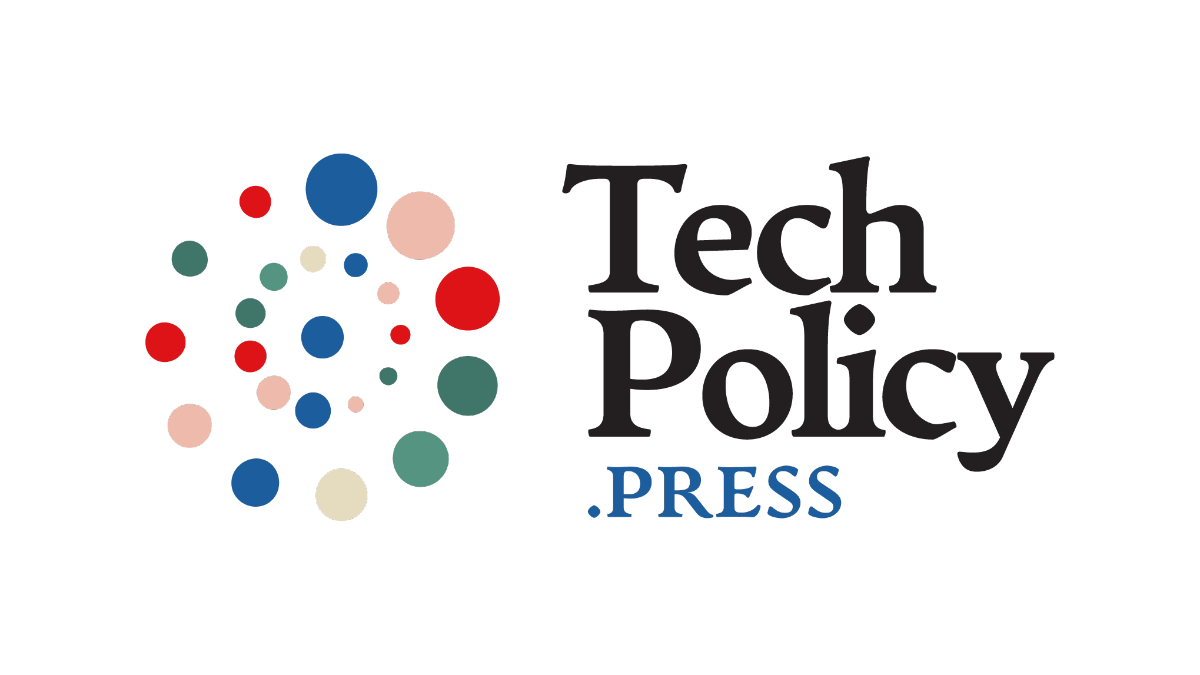WASHINGTON – House Republicans pressed to overhaul how the Securities and Exchange Commission regulates cryptocurrency at a hearing Tuesday, aligning themselves with the pro-cryptocurrency agenda President Donald Trump championed during the first few weeks of his administration.
The changes Republicans seek would create a new regulatory framework preferred by the cryptocurrency industry. Supporters of the overhaul said that past policies were “regulation by enforcement.” Cryptocurrency companies and owners have said previous regulations were outdated and did not match the developing nature of the technology.
This call from Republicans comes as Trump has enthusiastically embraced the crypto community, even releasing his own meme coin days before he assumed office. Just two days after being sworn in, Trump issued an executive order to establish a working group responsible for drafting new regulatory policy, signaling his determination to make the U.S. a hub for the cryptocurrency industry.
During the hearing, many Democratic lawmakers argued the modifications would put constituents at risk of fraud.
“The stories (about cryptocurrency) that stick with me the most are not on social media posts, they’re the ones I hear in my community,” Rep. Ayanna Pressley (D-Mass.) said. “Like the college student whose digital wallet had been drained and they don’t know who to turn to for help.
Rep. Pressley also told the story of an older constituent who was tricked into losing his money by an individual pretending to be his grandchild asking to set up a crypto access account.
“These stories and many more are the heartbreaking reality of crypto scams,” Pressley said.
However, Republican representatives reiterated that revising the regulatory framework would benefit both consumers and cryptocurrency companies by increasing transparency and facilitating an environment for technological growth.
“This lack of regulatory clarity not only hurt American investment but also impacted everyday Americans,” Rep. Bryan Steil (R-Wis.) said. “The Biden administration’s approach opened the door to bad actors and left consumers vulnerable to fraud.”
Several witnesses – which included executives from the Crypto Council for Innovation, Kraken Digital Asset Exchange, and Paypal – said the current regulatory framework had prompted many digital asset companies to move their operations overseas to other countries with friendlier policies.
“Other major jurisdictions have recognized we are in a race to the top in harnessing and benefiting from this new technology,” said Ji Hun Kim, the president and acting CEO of the Crypto Council for Innovation. “These jurisdictions are delivering exactly what the U.S. digital asset industry has been requesting: Regulatory clarity through a thoughtful, tailored regulatory regime that recognizes the potential of digital assets.”
Kim said the industry hopes to work alongside regulators to enhance clarity and boost U.S. leadership within the digital asset field. Kim and the other industry executives pushed for regulatory reforms during the hearing. One change would be to clarify whether cryptocurrencies count as securities, like stocks or bonds, or commodities, like grains or gold. That would clarify which agency would oversee cryptocurrency, they said.
Democratic representatives, however, expressed concern over the potential consequences of aligning the governmental regulations with the digital asset companies’ requests. Specifically, they emphasized the volatility of cryptocurrencies.
“I have deep concerns about opening the floodgates for non-bank companies to our payment system or for Fed accounts,” Rep. Stephen Lynch (D-Mass.) said. “Allowing crypto companies free rein could put pensions, retirement accounts, and other typically safe investment accounts at risk. The next crypto crash could have disastrous effects on the wider economy.”
Timothy Massad, the director of the Digital Assets Policy Project at Harvard’s Kennedy School of Government, affirmed the Democratic lawmakers’ notion that these policy changes could result in “a lot of consumer harm.”
Massad said that while there had been calls for “clarity” from the digital asset industry, there could be both bad rules and clarity simultaneously. He said the lack of a strong regulatory framework for the industry resulted in fraud, and he urged the committee to craft a stronger policy that “encourages responsible development of this technology.”
Industry advocates disputed that consumers would suffer from the proposals supported by Trump and congressional Republicans.
Jennifer Schulp, director for Financial Regulation Studies at the libertarian Cato Institute, told Medill News Service before the hearing that “clarity” on the business side of the industry would go “hand in hand” with clarity for consumers on what they are buying.
“Having a tailored disclosure regime for crypto securities would allow buyers to know the information that they’re entitled to and to get more standardized information from the projects that are issuing tokens,” Schulp said. “There’s benefits, not just for the companies, but there should be benefits for investors as well.”


